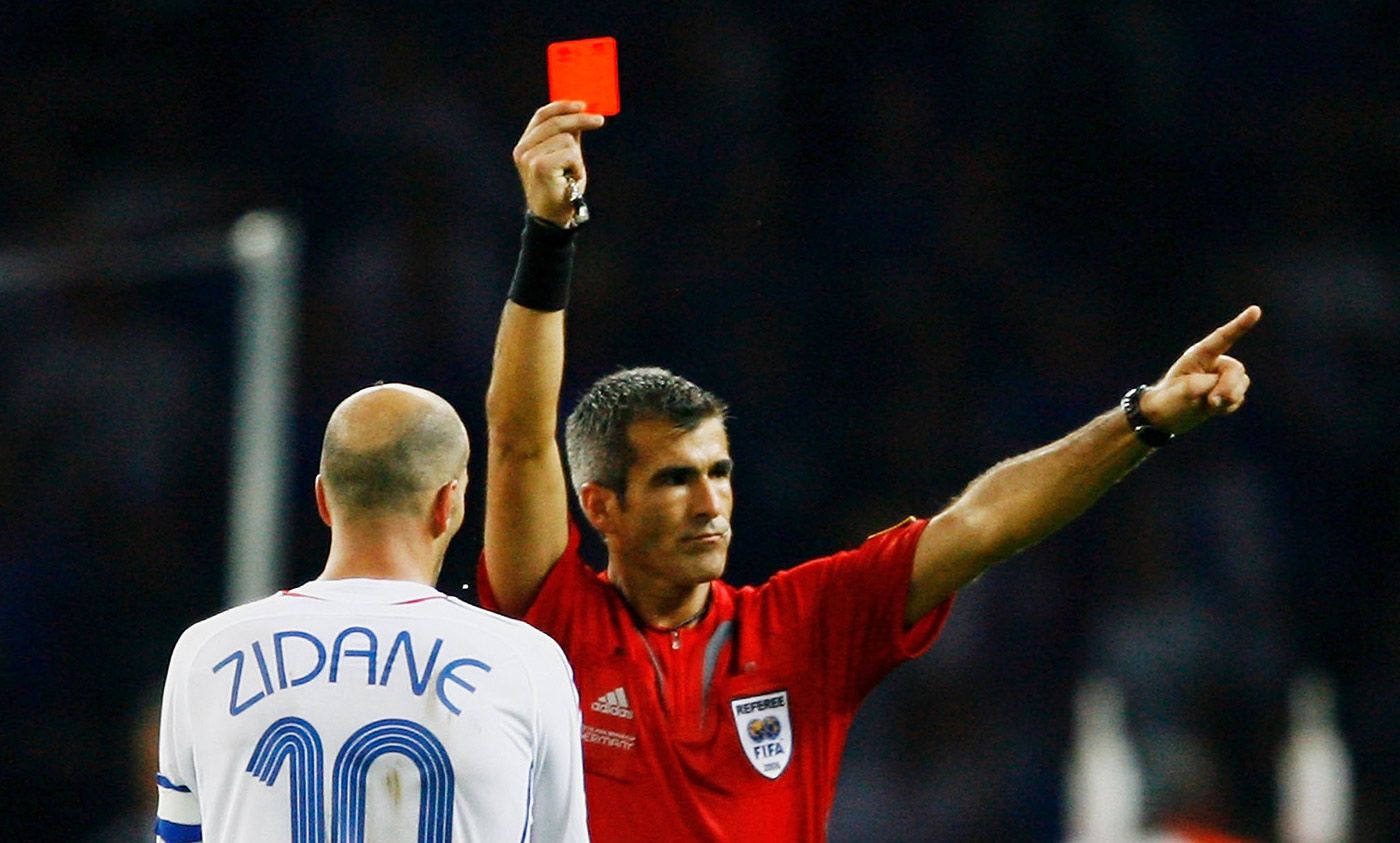Crandall, C. S., & Eshleman, A. (2003).
Psychological bulletin, 129(3), 414–446.
https://doi.org/10.1037/0033-2909.129.3.414
Abstract
The authors propose a justification-suppression model (JSM), which characterizes the processes that lead to prejudice expression and the experience of one's own prejudice. They suggest that "genuine" prejudices are not directly expressed but are restrained by beliefs, values, and norms that suppress them. Prejudices are expressed when justifications (e.g., attributions, ideologies, stereotypes) release suppressed prejudices. The same process accounts for which prejudices are accepted into the self-concept The JSM is used to organize the prejudice literature, and many empirical findings are recharacterized as factors affecting suppression or justification, rather than directly affecting genuine prejudice. The authors discuss the implications of the JSM for several topics, including prejudice measurement, ambivalence, and the distinction between prejudice and its expression.
This is an oldie, but goodie!! Here is my summary:
This article is about prejudice and the factors that influence its expression. The authors propose a justification-suppression model (JSM) to explain how prejudice is expressed. The JSM suggests that people have genuine prejudices that are not directly expressed. Instead, these prejudices are suppressed by people’s beliefs, values, and norms. Prejudice is expressed when justifications (e.g., attributions, ideologies, stereotypes) release suppressed prejudices.
The authors also discuss the implications of the JSM for prejudice measurement, ambivalence, and the distinction between prejudice and its expression.
Here are some key takeaways from the article:
- Prejudice is a complex phenomenon that is influenced by a variety of factors, including individual beliefs, values, and norms, as well as social and cultural contexts.
- People may have genuine prejudices that they do not directly express. These prejudices may be suppressed by people’s beliefs, values, and norms.
- Prejudice is expressed when justifications (e.g., attributions, ideologies, stereotypes) release suppressed prejudices.
- The JSM can be used to explain a wide range of findings on prejudice, including prejudice measurement, ambivalence, and the distinction between prejudice and its expression.



